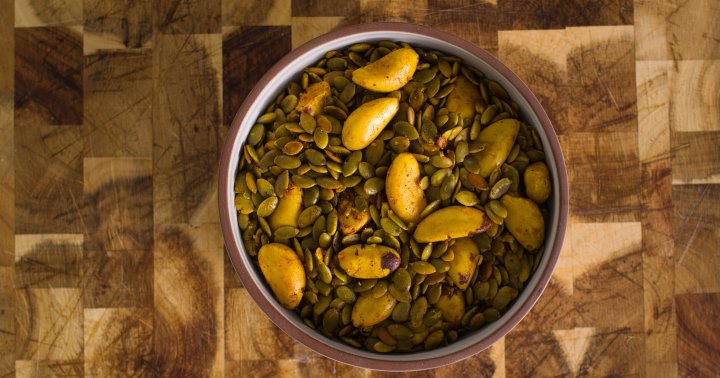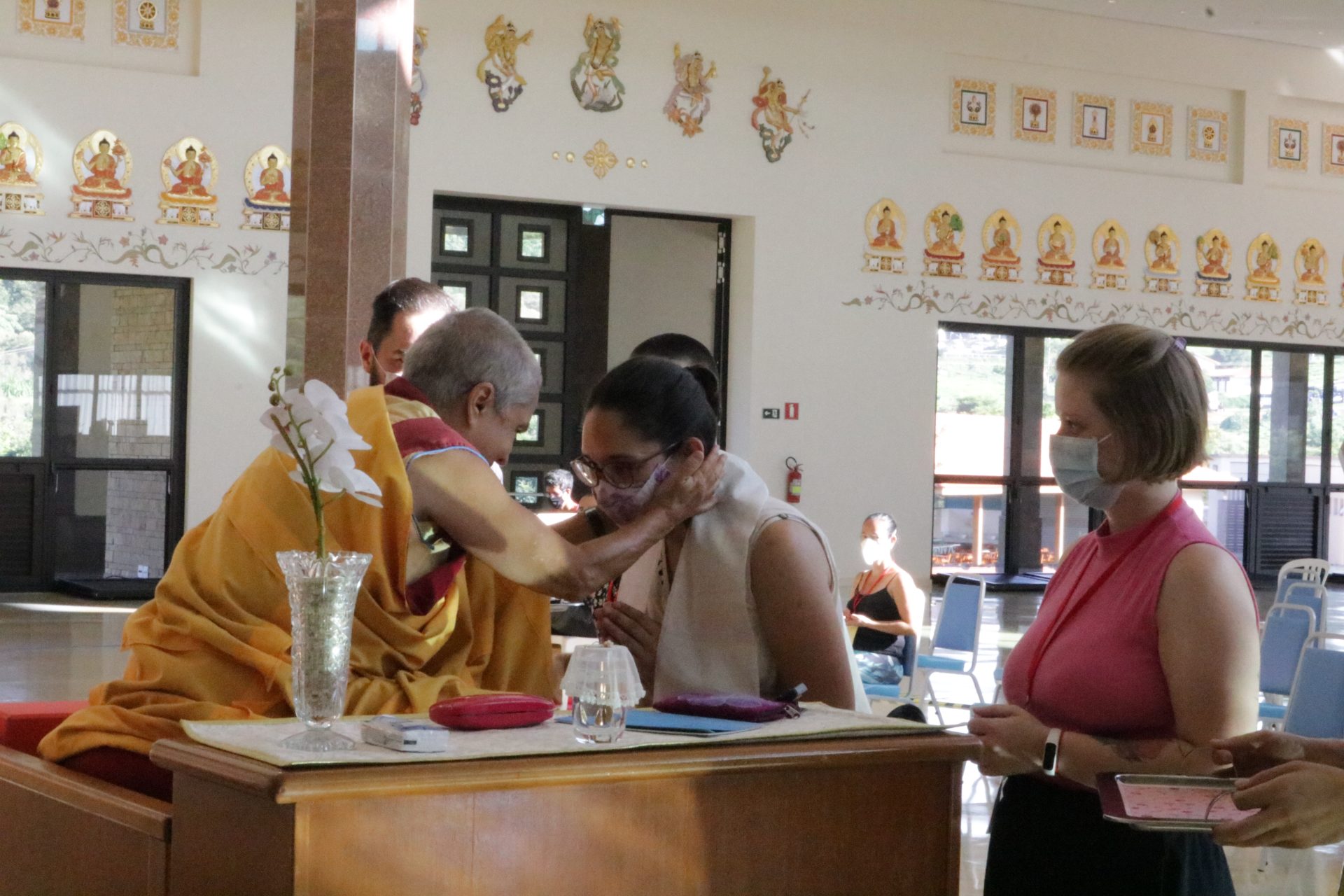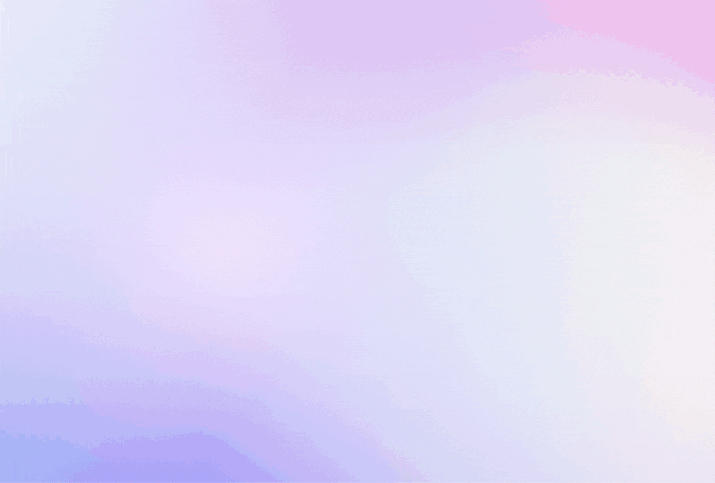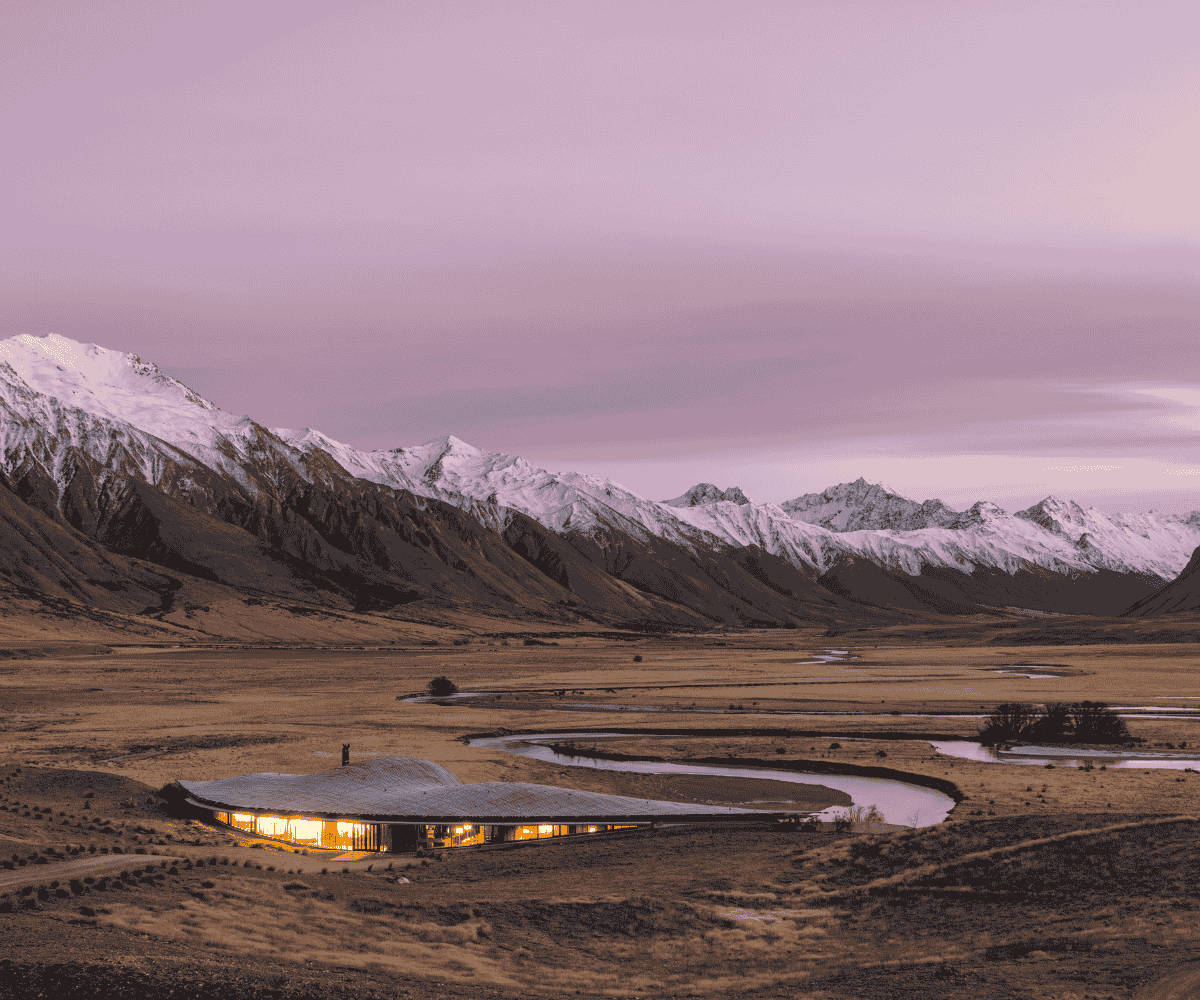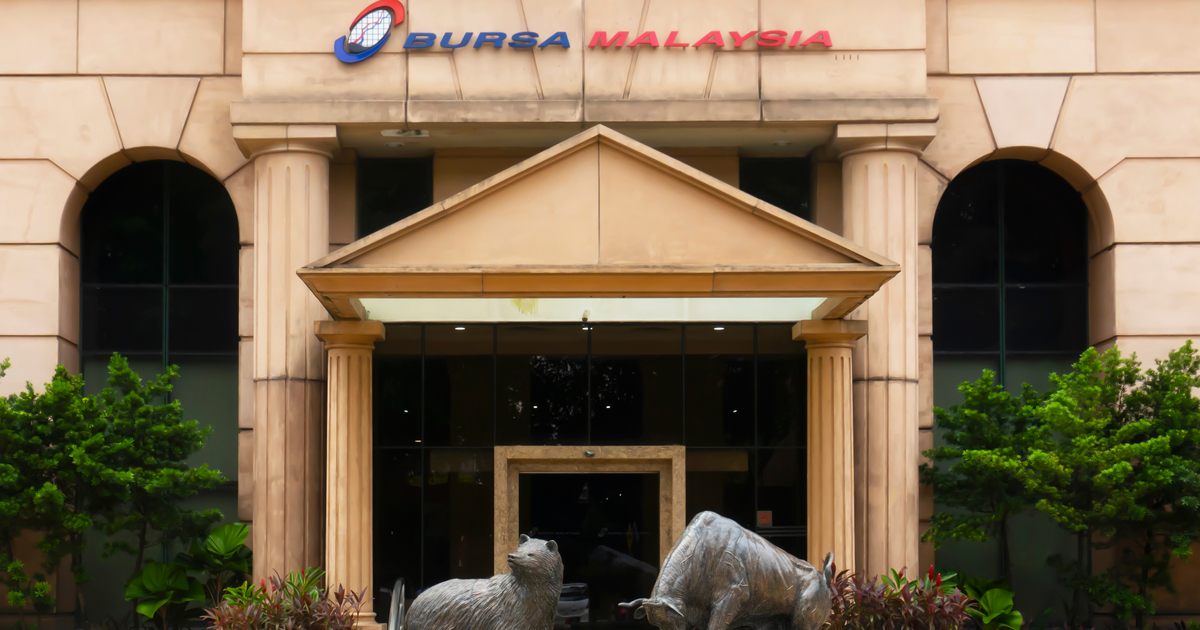Winter Planning, Spring Planting
While we can accept our current circumstances, we should not lose the long view. The post Winter Planning, Spring Planting first appeared on Tricycle: The Buddhist Review. The post Winter Planning, Spring Planting appeared first on Tricycle: The Buddhist...
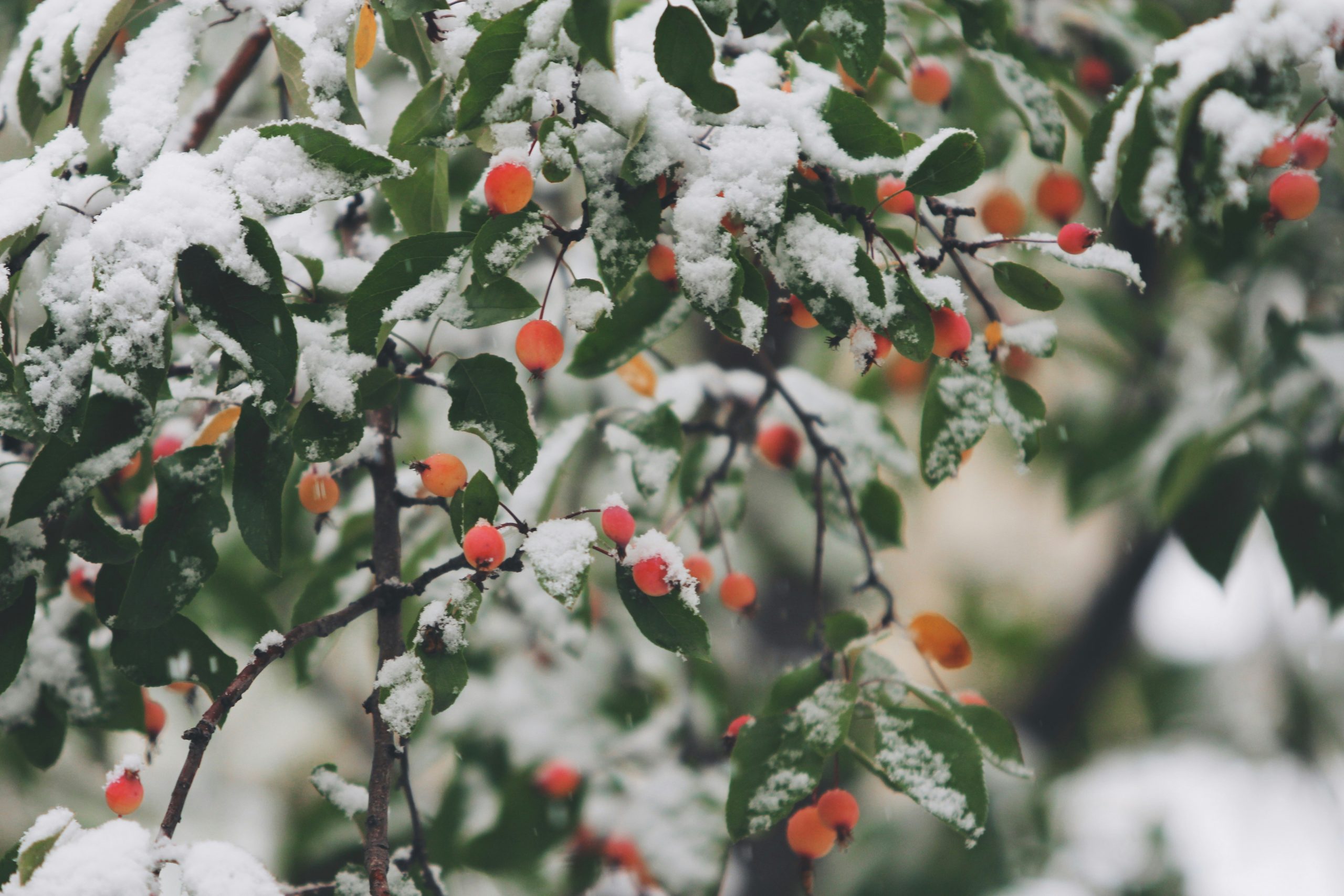
While we can accept our current circumstances, we should not lose the long view.
By Jundo Cohen Dec 29, 2024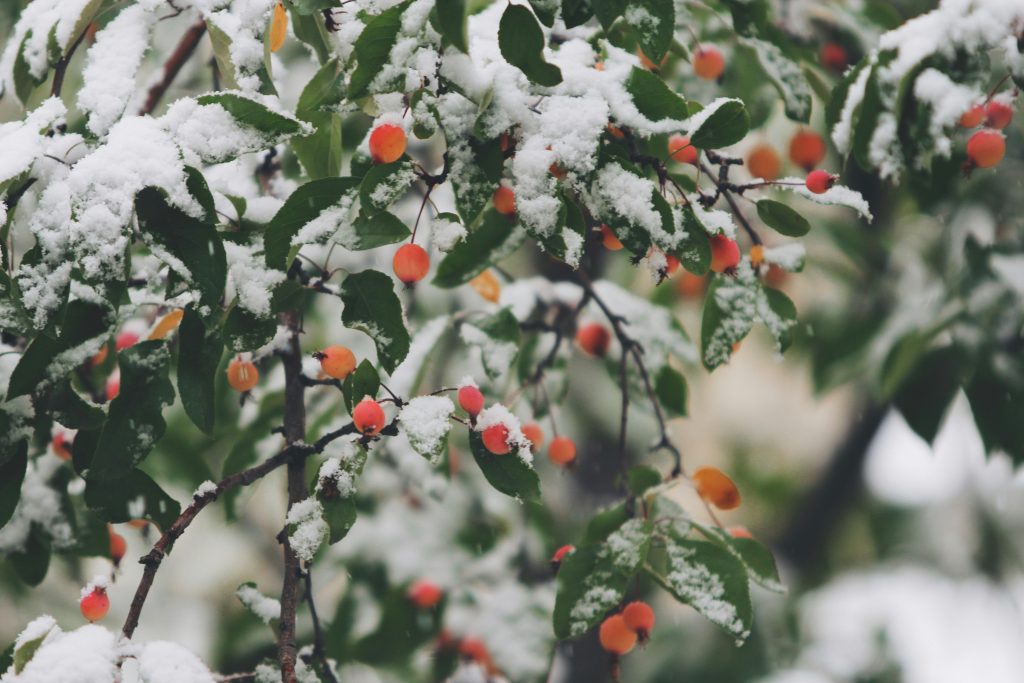 Photo by John Price
Photo by John PriceWe don’t often talk about politics in our sangha, but we do often speak to some of the core values found in the Buddhist precepts and within the bodhisattva vows—values such as peace, tolerance, generosity, moderation, cooperation, and truthfulness, to name a few. In addition, although the Buddha and the ancient masters lived in different times, I might add in some issues that reflect our modern situation, including concern for the planet’s ecology (as it affects life and health on Earth) and protection of the poor, hungry, and vulnerable—including those denied a safe place to live, those threatened by violence including children and civilians in the midst of war, those oppressed because of who they are and how they were born, those denied education and access to medicine, and the like. The Buddha and the old masters did not speak much of such things, but we can today. These values are in keeping with our care for human life and our vow to save numberless sentient beings. We can know “all is empty” yet seek to make the best of this life too. Thus, we Buddhists continue to turn from the greed and excess, anger and violence, division, selfishness, and myriad other hindrances that frequently appear in this life.
History tends to run in cycles; this is consistent with the Buddha’s teachings. It is like the seasons, with winter followed by spring, then summer followed by fall. I believe that society has come very far from the times of the Buddha and the old masters, and we are actually doing well compared to any century of the past. Yes, it sometimes seems that for every two steps forward, we take one giant leap back. Yes, we have bigger problems today unlike those of older times (including the threat of nuclear annihilation and the present and imminent effects of climate change, among other things). However, even when pushed backward, we can step forward again. Do not lose the long view. We must keep working so that the world, fifty or a hundred or even more years from now, is a better place. Keep working, do not lose hope, and do not lose sight of what is happening now, looking ahead at the days to come, because there remains so much to do, and much can be done right now.
We can know “all is empty” yet seek to make the best of this life too.
Soto Zen is sometimes called “farmer’s Zen,” and there are many reasons for the name. However, I like to think that one reason is that, like a farmer, we must prepare in the winter to plant in the spring, all to harvest in the summer and fall. Folks think that Zen is only about “being in the present moment,” but that has never been the only view we hold. We live and work in this moment, yes, taking things as they are, accepting conditions, yet with an eye toward tomorrow. Our master, Soto Zen founder Eihei Dogen, once said that “spring is only spring,” and, likewise “winter is only winter,” and when in winter there is nothing else, so we accept the cold and frozen ground. Nonetheless, Dogen also prepared for the coming seasons, and, likewise, we must prepare the ground, seeds, and equipment of today for what comes next. If you do not prepare in winter to plant in spring, there will be no harvest in summer and fall. You must tend to the work that needs to be done to get through the winter until the warmth returns again. It may seem cold right now, but your work is crucial for the harvest to come.
In his instructions to the gardener, Master Dogen celebrates the role of the monk of the monastery who is chiefly charged with tending the fields to keep all fed. In Dogen’s Pure Standards for the Zen Community, Dogen maintains that the monastery gardener “always must be at the vegetable garden to plant seeds in accord with the season. With the face of buddhas and ancestors. . . Without holding back their own life energy, throughout the day they must carry spades and hoes, plow and till by themselves, and haul manure. They can only wait for the vegetables to ripen, and then must not miss their time.” In everything we do, we must be equally diligent. We must always be alert and ready to act.
This readiness in the face of seemingly insurmountable adversity appears frequently in Dogen’s writings, with winter often representing the greatest obstacles we have to face. In “In Honor of Master Rujing,” Dogen writes:
“Even when the plum has wilted and winter has reached its deepest cold,
do not let your body be numb or your mind absent.”
Where is there winter in your heart, and what are the seeds you need to plant the most? Looking forward, we need to plant the seeds of peace, tolerance, generosity, moderation, cooperation, and truthfulness in our hearts and the world around us. This is the bodhisattva’s vow; the values that all too many often forget. Buddhism insists that we seek to grow what is healthy, nutritious, and good for the community—all innumerable members—and to avoid what is poison.
You can be such a farmer today. Be assured that spring will come.
![]()
Thank you for subscribing to Tricycle! As a nonprofit, we depend on readers like you to keep Buddhist teachings and practices widely available.

 Kass
Kass 







